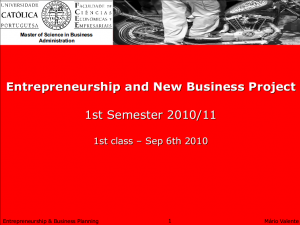Um belo dia, estou eu e o Luis Sequeira a trabalhar numa merda qualquer, quando nos entram pela porta dentro 2 fiscais do ICP (hoje Anacom).
Um aparte: o ICP era tido e conhecido como a Portugal Telecom versão 2. Saiam tipos da PT para irem trabalhar para o ICP e depois vira o disco e toca o mesmo e saiam tipos do ICP para ir para a PT. Os outros operadores que existiam estavam sempre lixados, a PT sabia tudo o que se passava e tinha a influência para parar muita coisa.
Acontece então que os senhores fiscais vinham muito especificamente à procura de dois modems que, diziam, não estavam certificados pelo ICP e portanto estavam ilegais. Pergunto-me como é que souberam que eram dois modems e como sabiam qual o modelo supostamente “ilegal”. Eram dois modems especiais para linhas dedicadas que ligavam Lisboa ao POP do Porto e Lisboa a Londres (a nossa primeira ligação permanente, à Pipex, a uns brutais 28.8kbps).
O problema é que eu e o Luis Sequeira tinhamos tido esse cuidado. Antes de comprarmos os modems tinhamos verificado se estavam na lista do ICP como aceites. “Não senhor! Temos a certeza que são ilegais!”
Fomos às Internets a um FTP server qualquer (não sabem o que é FTP? meninos…) buscar um big ficheiro TXT disponibilizado por alguém onde o modelo dos modems era listado como aprovado pelo ICP. Mostramos aos senhores. Ficaram com cara de tacho e foram-se embora.
Temos pena, esta não pegou. Mas o irmão do Golias viria a voltar a atacar, desta vez com uma bomba atómica.



